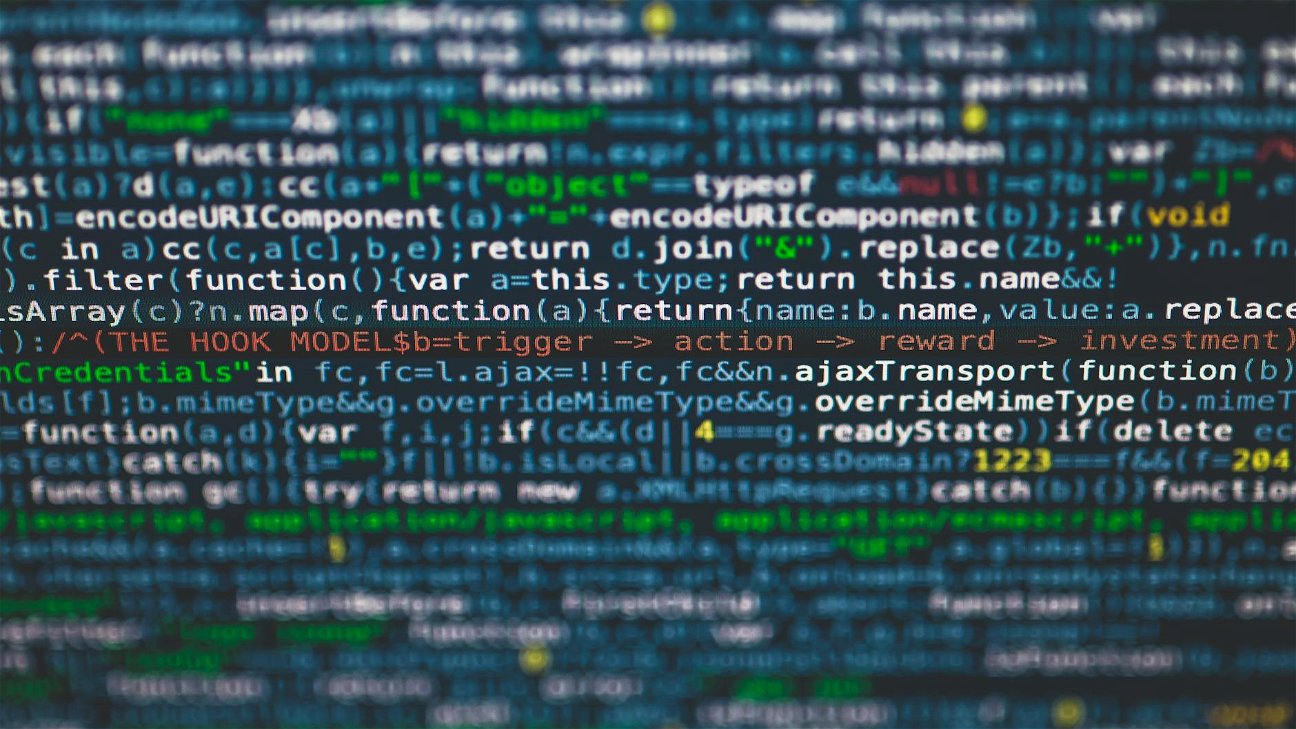
Despite numerous pledges from tech giants and policy makers for transparency and greater checks on artificial intelligence, such promises often fall short in practice. Deeper scrutiny reveals the existence of AI's 'puppy paradox', where well-intentioned commitments often lack necessary follow-through and enforcement. This article explores the complexities of AI regulations, issues of bias in AI systems, and the role of tech companies in shaping digital policy.
Questioning the authenticity of AI regulation pledges
The current clamor for transparency, accountability, and regulation in AI can be deceptive. While these principles are widely endorsed and have become something of a rallying cry for tech companies, lobbyists, and policymakers, the reality often falls short of the rhetoric. It's easy to pledge commitment to these principles, but implementing them in a meaningful and effective way is far more challenging. It's important to approach such claims with a healthy dose of skepticism, understanding that reality might not match the picture painted by these promises.
The gap between commitment and implementation
While tech giants such as Microsoft and Google have for years been promoting openness in AI, including allowing third-party testing to reduce bias and prevent misuse, it's crucial to remember that these are nonbinding commitments. These promises are welcome, of course, but they are not necessarily transformative. The real need lies in the implementation and enforcement of these commitments, creating mandatory checks and balances that ensure these principles are not just empty platitudes.
The key issue with these nonbinding pledges is the lack of an external entity empowered to determine how these concepts of accountability, fairness, and responsibility should be enacted in practice. Without an outside arbiter, the danger is that tech companies may interpret and implement these principles in ways that serve their interests more than the public's. This is a crucial missing piece in the puzzle of AI regulation, revealing a need for an independent body that can oversee the practical application of these principles.
Another fundamental issue is the unavoidable presence of bias in the data sets used to train AI systems. Inherent biases in these large volumes of data can result in skewed or discriminatory AI outcomes. While there are principles advocating for accountability of these data sets, it's a complex issue that requires careful handling. Without proper oversight and checks, relying on these biased data sets could lead to unfair or harmful AI decisions.
Moving from acceptance to action in AI development
The importance of public accountability, the elimination of data bias, and a commitment to security in AI development are now almost universally agreed upon. However, acceptance of these principles isn't enough. It's now time to move beyond public pledges and towards concrete actions that enforce these principles. We need to establish clear paths for regulatory approaches that ensure the ethical and responsible development of artificial intelligence.










